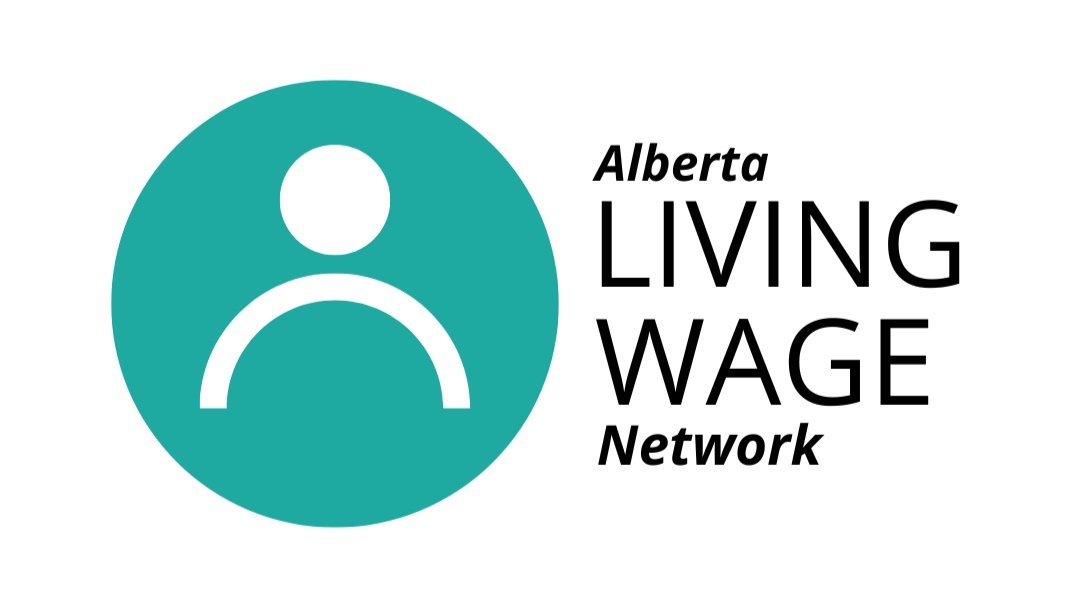Quick Facts: Mental Health and Poverty
For Mental Health Week, I want to take a moment to reflect on the interactions between mental health and poverty, and how a living wage could provide a way forward.
Quick Facts
When the Angus Reid Institute released the results of its study on poverty and economic struggle in Canada in 2018, it found that 1 in 3 Canadians felt “very stressed about money” regularly.
A research study in Toronto found that 67% of shelter users had a lifetime diagnosis of mental illness (Mood Disorders Society of Canada, 2019).
A report by Edmonton Social Planning Council (2020) shared that in 2018, more than 160,000 children under 18 lived under the poverty line. Furthermore, these socioeconomically disadvantaged children and adolescents were two to three times more likely to develop mental health problems (Mental Health Foundation, 2020).
According to the Mental Health Foundation (2020), individuals in the lowest socioeconomic groups were at increased risk of mental health concerns. The Foundation shared the concept of a ‘social gradient’—the further down the social ladder, the more common mental health problems became.
The Mood Disorders Society of Canada (2019) indicated that individuals in the lowest income bracket were 3 to 4 times more likely to have poor to fair mental health compared to the general population.
Living wage as a way forward
One of my biggest learnings working at the Mustard Seed as a Community Engagement Coordinator was that individuals were often not content with the act of simply receiving. For so many of us, we want the pride of being able to provide for ourselves and the ability to choose how to participate in the community.
Employment is considered one of the most significant determinants of mental health considering its role in someone’s quality of life, self-esteem, life goals and social status (Mental Health Foundation, 2020). There is a sense of freedom and security from earning a living wage, as opposed to feelings of hopelessness and vulnerability resulting from the inability to meet basic needs (Cherkis, 2021).
Many individuals are working in low-income positions and are at risk of heightened mental health concerns. However, there are ways toward empowerment in a dignified manner. One way I could think of is a living wage. One living wage worker who previously made less shared, “I definitely have noticed being able to have a bit of freedom within what I get in terms of my groceries, or in terms of my necessities” (CBC News, 2022).
A living wage helps alleviate the financial pressure and stress low-income earners face, which means less worrying about basic needs and a greater ability to participate in society. A living wage is not a guarantee that it will lift someone out of poverty. However, it is a great start to help move some of our community members from barely surviving to thriving.
Author
Melody Santiago works and volunteers in the nonprofit sector, focusing on the areas of racial and gender equity, poverty, and youth engagement.
References
Angus Reid Institute. (2018). What does poverty look like in Canada? Survey finds one-in-four experience notable economic hardship. Retrieved from https://angusreid.org/poverty-in-canada/
CBC News. (2022, March 21). For Ottawa’s living wage earners, the extra dollars make a big difference. CBC News. Retrieved from https://www.cbc.ca/news/canada/ottawa/living-wage-earners-ottawa-morning-panel-1.6387878
Cherkis, J. (2021, March 10). What happens to your mental health when you can ‘t pay your rent? The New York Times. Retrieved from https://www.nytimes.com/2021/03/10/opinion/minimum-wage-mental-health.html
Edmonton Social Planning Council, Public Interest Alberta, & the Alberta College of Social Workers. (2020). Spotlight: Lessons on child poverty during a pandemic. Retrieved from https://edmontonsocialplanning.ca/wp-content/uploads/2020/12/ESPC_ChildPovertyReport-V07_201207-FINAL.pdf
Mental Health Foundation. (2020). The COVID-19 pandemic, financial inequality and mental health. Retrieved fromhttps://www.mentalhealth.org.uk/sites/default/files/MHF%20The%20COVID-19%20Pandemic%201.pdf
Mood Disorders Society of Canada. (2019). Quick facts: Mental health & addictions in Canada. Retrieved fromhttps://mdsc.ca/docs/MDSC_Quick_Facts_4th_Edition_EN.pdf
